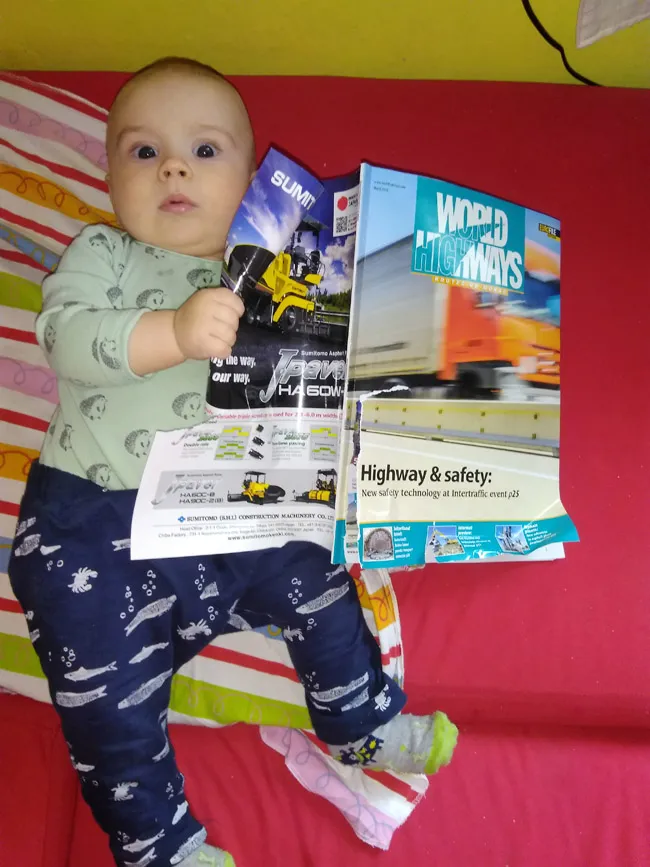Police in Europe have been cracking down on drink driving with a major joint operation in 30 countries. Close to 1.2 million breath tests were carried out as part of this recent European operation. Police forces achieved 1,168,631 roadside breath tests for alcohol, of which 18,391 were positive. Motorists were also checked for drugs in the operation, and 2,976 offences were detected. President of pan-European police body
Ricour had this additional warning for any driver using medicines. “Driving under the influence of drugs, even those prescribed by a doctor, is an offence. We urge drivers to take seriously any drowsiness warnings on the medications they may be using, because driving under the influence of drugs, even those prescribed by a doctor, is very dangerous. That’s why it is treated as a serious offence by police officers and courts across Europe’
Stopping drivers to check for alcohol and drug offences also provides police officers with the opportunity to make other appropriate safety and security checks. For example, during the week of the operation, officers also detected and dealt with offences connected with illegal immigration and human trafficking (97), drug-related crimes (580), firearms crimes (54), wanted persons (240), and 2,284 other crimes.
European police cracking down on drink driving
Police in Europe have been cracking down on drink driving with a major joint operation in 30 countries. Close to 1.2 million breath tests were carried out as part of this recent European operation. Police forces achieved 1,168,631 roadside breath tests for alcohol, of which 18,391 were positive. Motorists were also checked for drugs in the operation, and 2,976 offences were detected. President of pan-European police body TISPOL Koen Ricour said, “It is disappointing that so many people still think the law
August 19, 2014
Read time: 2 mins







